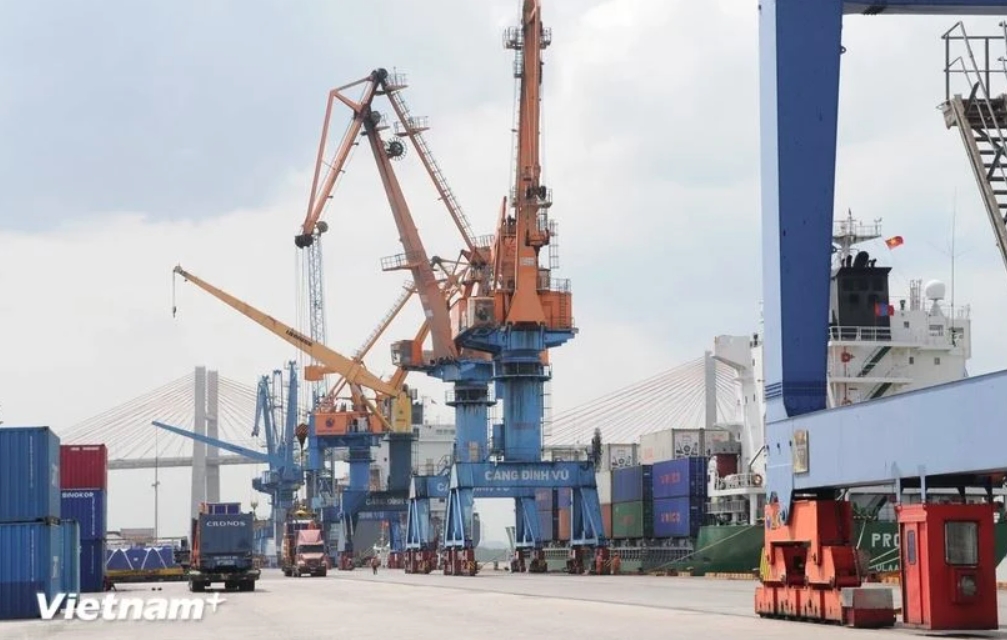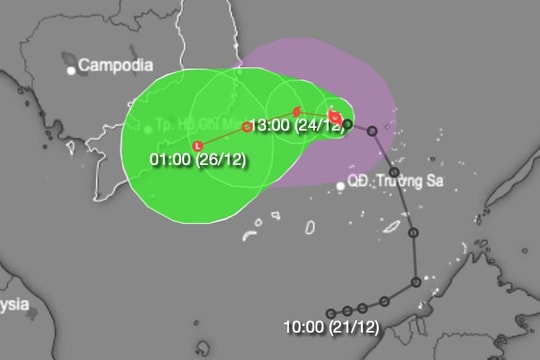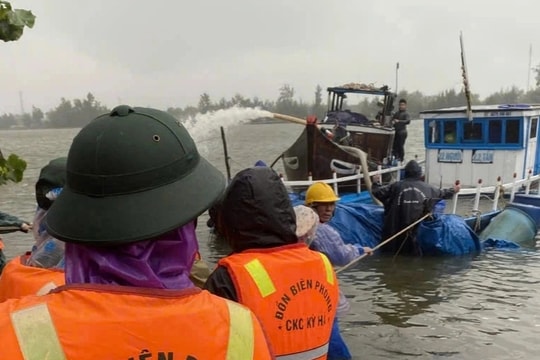According to experts, designed to handle 1.5 million TEUs annually, Chancay is poised to play a vital role in boosting economic and trade relations between the Southeast Asian nation and its Latin American peers. Forecasts suggest that trade between Vietnam and Latin America could grow by up to 10% on a yearly basis, provided that improvements in logistics and transport connections are made.
Leveraging the mega-port as an optimal logistics solution, Vietnam could significantly increase its import-export turnover with Latin American partners, especially in sectors such as industry, agricultural goods, and energy. As a result, Chancay is expected to become a crucial link for economic and trade relations between Vietnam and Peru in particular and Latin America in general.
The former will be better positioned to capitalise on existing trade agreements with countries in the region, including the Comprehensive and Progressive Agreement for Trans-Pacific Partnership (CPTPP), Vietnam-Chile and Vietnam-Cuba free trade agreements.
Vietnam's import-export turnover with Latin American countries reached US$20.6 billion last year. Its major exports to the region include farm produce, garments-textiles, footwear, processed foods, wood products, electronics, and components. Meanwhile, Vietnam primarily imports raw materials, agricultural products, wood, garment accessories, and animal feed.
With new maritime routes connecting Chancay and Vietnam, Vietnamese businesses can optimise both time and transport costs. It is estimated that the port could reduce shipping times from the country to Latin America by up to 30%, or even 50%, which could help firms involved save up to 20% in logistics costs compared to traditional routes.
This would enable Vietnam to export key products like textiles, electronics, and agricultural goods (such as rice and coffee) to and import minerals, agricultural products, and petroleum from Latin American countries at more competitive costs.

























